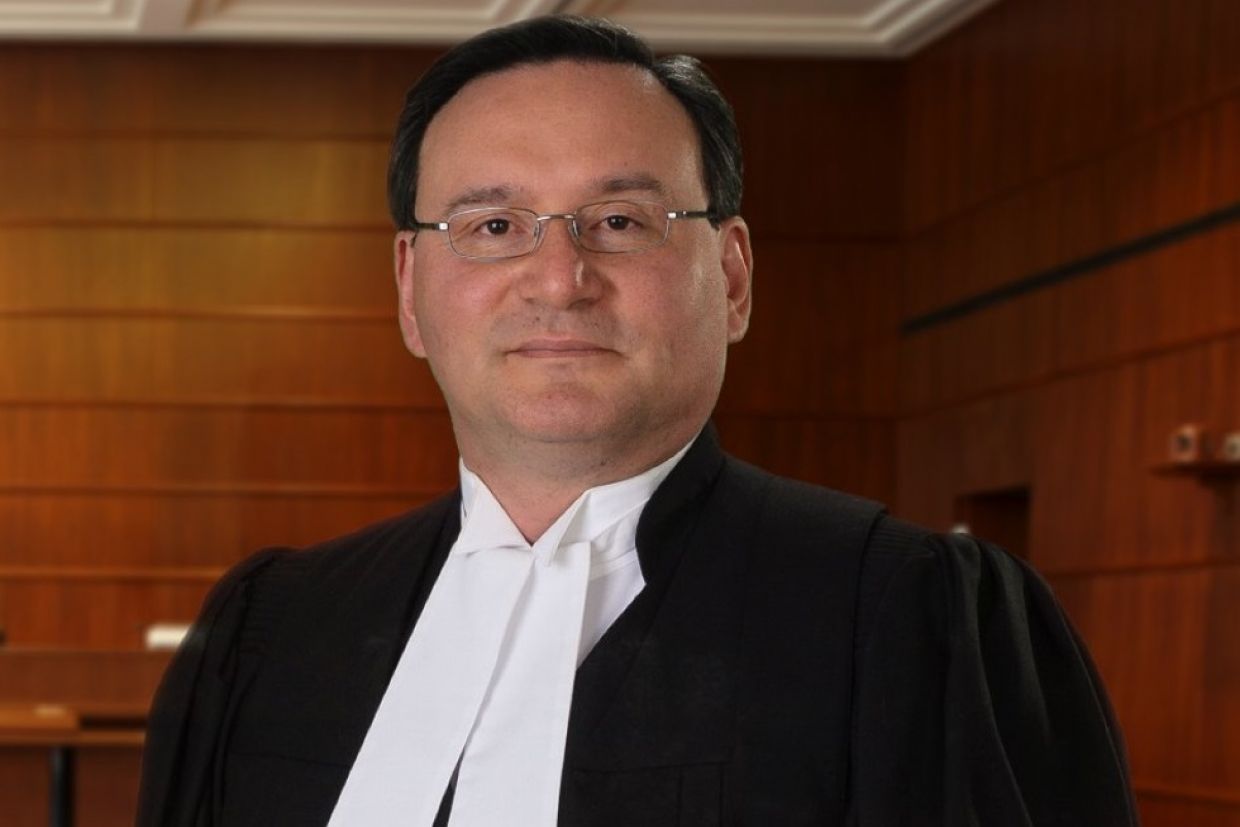For a long time, Wayne Garnons-Williams, Law’90, was one of the few people studying the new field of international Indigenous trade law. Ten years ago, many Indigenous Peoples – including Indigenous business and political leaders – were fighting for rudimentary recognition of the basic rights to clean drinking water and drawing attention to missing and murdered Indigenous women.
“When I referenced Indigenous trade to local, regional, and national Indigenous representatives, they would look at me like I had come from another planet” says Garnons-Williams, who is a member of the Moosomin First Nation in Saskatchewan.
So why is Indigenous economic sovereignty important?
Because being able to conduct inter-tribal trade of goods across what are now international borders is a historic right that existed, and continues to exist, long before the relatively recent arrival, in Indigenous terms, of Nation-States such as Canada and the U.S. Many Indigenous/Crown Treaties had enshrined trade and commerce provisions, such as the 1794 Jay Treaty, but these provisions were neglected over the years due to the imposition of the Indian Act.
Garnons-Williams feels that inter-tribal trade is key to Indigenous economic sovereignty and that it empowers Indigenous communities to create conditions favourable for businesses to develop good local jobs within the Indigenous communities.
“This is helping Indigenous nations keep businesses in their traditional territories and helping small mom-and-pop organizations sell their products around the world,” Garnons-Williams says. “That helps with regional prosperity. If local Indigenous businesses can create local jobs within Indigenous communities, it starts prosperity and creates entrepreneurial dignity and economic self-sufficiency within the community.”
Garnons-Williams, who is senior lawyer at Garwill Law PC and principal director at Indigenous Sovereign Trade Consultancy Ltd. (both located in Ottawa) is an advocate for many Indigenous issues. He’s also the chair of the National Sixties Scoop Healing Foundation of Canada, and a lecturer in Indigenous Entrepreneurship at the University of Waterloo.
But he is most passionate about trade. It was his work as chair of the International Inter-tribal Trade and Investment Organization (IITIO) that caught the attention of the federal government.
When then-President Donald Trump announced he wanted to renegotiate the North American Free Trade Agreement (NAFTA), the Canadian government asked the public for feedback. Garnons-Williams and his IITIO colleagues submitted a paper impressing on the government the urgency of exercising their fiduciary obligations to Indigenous Peoples by developing an Indigenous trade policy that upholds Aboriginal and treaty rights of inter-tribal trade.
To his surprise, Chrystia Freeland, then Canadian foreign affairs minister, asked Garnons-Williams for help to build Canada’s Indigenous trade policies for the NAFTA renegotiations.
“Tribal nations are starting to now be in a position to exercise their inherent economic rights of inter-tribal trade to access new markets, in turn raising their own standard of living through their own entrepreneurial capacities,” Garnons-Williams says. “These new trade policies can reestablish old trade relations and develop new ones around the world.”
Garnons-Williams' diligent work in contributing to the development of the Government of Canada’s Indigenous Trade Policy helped secure various Indigenous provisions in USMCA (United States, Mexico, Canada Agreement), and in the MERCOSUR trade agreement (which involves several South American countries). Garnons-Williams was the lead Canadian Indigenous negotiator for IPETCA (Indigenous Peoples Economic Trade and Cooperation Arrangement). Canada /United Kingdom negotiations, including Canada's position that there should be an Indigenous Chapter, are currently underway.
His life's work has been built on the theme of making the world more inclusive for those who were once excluded, which is the reason he is receiving the Agnes Benidickson Award, the highest tribute given by the Ottawa Alumni Branch. It is presented to an individual for distinguished service to Queen's and Canada.
Garnons-Williams says he is honoured to be receiving the award because he strongly believes in giving back and helping others.
“In Indigenous teachings, you’re only temporarily passing through this world, so you try to give more than you take so that you leave the world a better place for future generations,” Garnons-Williams says. “I really believe in that.”
Alumni in the Ottawa area are invited to help honour Garnons-Williams on May 17 at the Agnes Benidickson Award celebration. Please RSVP online by May 12.


